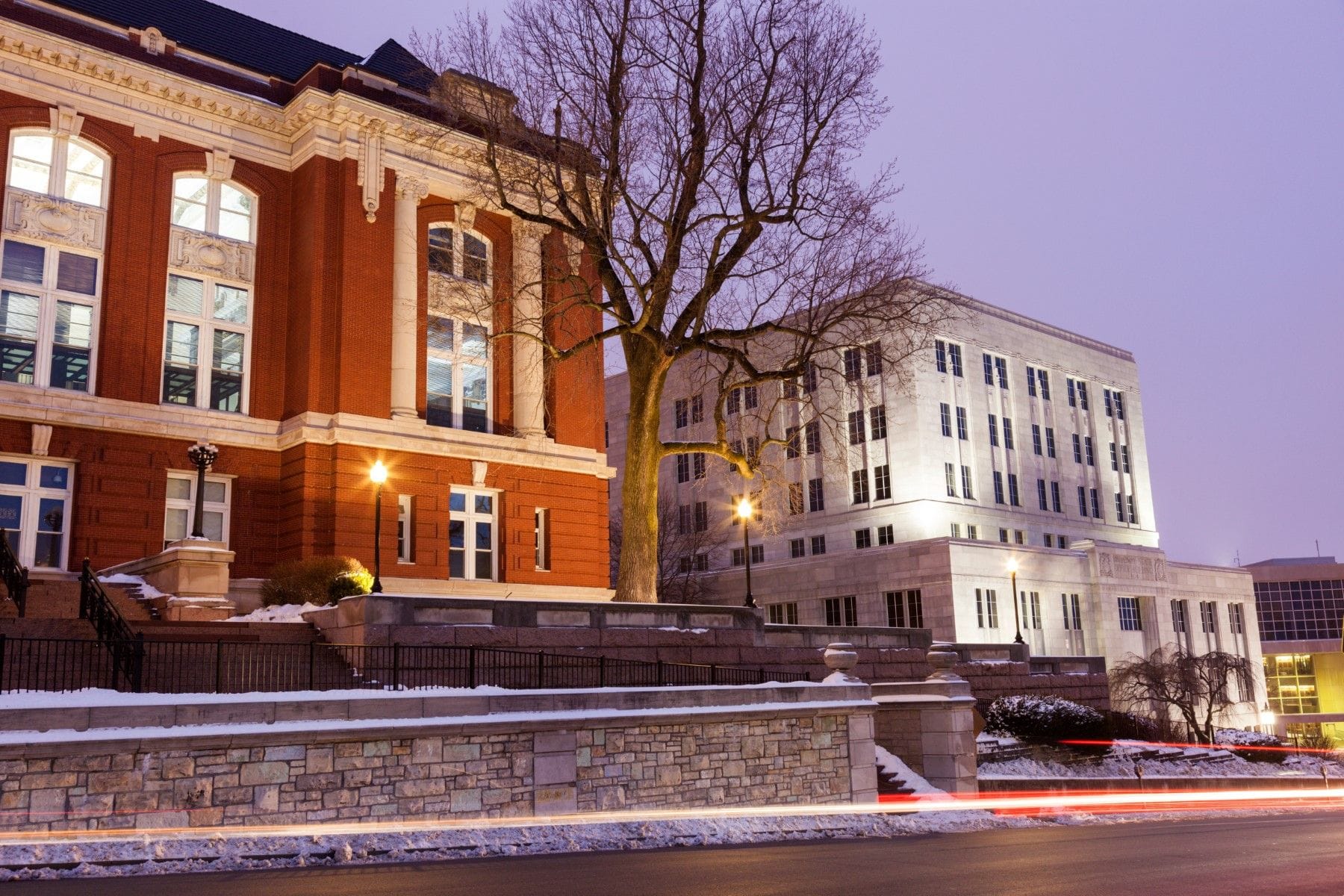Missouri Expert Witness Disclosure Requirements
Missouri requires expert witness disclosures to ensure fairness in litigation, emphasizing timely, detailed information and compliance with state-specific rules.
Updated on
In this article
When Are Expert Witness Disclosures Required in Missouri?
In Missouri, expert witness disclosures are governed by the Missouri Supreme Court Rules and are crucial in ensuring transparency and fairness in litigation. The timing requirements for expert witness disclosures are primarily outlined in Rule 56.01 of the Missouri Rules of Civil Procedure. Initial disclosures are typically required early in the litigation process, often at the time of the parties' case management conference or as directed by the court's scheduling order.
Typically, the initial disclosure deadline is set by the court or agreed upon by the parties during the case management conference. This may vary depending on the complexity of the case and the court's schedule. Supplemental disclosures, which involve updating previously disclosed information, are necessary when new information arises or when there are changes to the expert's opinions. These must be made in a timely manner, generally before the discovery deadline to allow the opposing party adequate time to respond.
Missouri courts may also impose specific timing requirements tailored to the needs of a particular case. It is crucial for legal professionals to pay close attention to these deadlines to ensure compliance and avoid potential sanctions.
Information That Must Be Included in the Disclosure
The disclosure of expert witnesses in Missouri must include comprehensive information to satisfy legal requirements and ensure thorough preparation by all parties involved. According to Rule 56.01(b)(4), the following details must be provided:
- Expert Qualifications: A detailed account of the expert's educational background, professional experience, and any relevant certifications or licenses.
- Expert Opinions: A clear statement of the opinions the expert intends to express in court, accompanied by the reasons and bases for these opinions.
- Data Considered: A description of the data, facts, or documents reviewed and relied upon by the expert in forming their opinions.
- Fee Structures: Disclosure of the expert's compensation arrangements, including hourly rates or flat fees for their services.
- Prior Testimony: A list of cases in which the expert has previously testified, including the nature of the testimony and the outcomes, if relevant.
Providing this detailed information helps ensure that the opposing party can adequately prepare for cross-examination and challenge the expert's credibility or methodology if necessary.
Supplementing and Amending Expert Disclosures
The duty to supplement or amend expert disclosures is a critical aspect of Missouri's procedural rules. Under Rule 56.01(e), parties are required to update their disclosures promptly if they learn that the information initially provided is incomplete or incorrect in a material respect.
Supplementation is mandatory when new information emerges that impacts the expert's opinions or when there are changes to the data considered by the expert. Failure to supplement or amend disclosures appropriately can lead to significant consequences, such as the exclusion of the expert's testimony or other sanctions imposed by the court.
To avoid these repercussions, legal professionals must remain vigilant and proactive in updating disclosures as new information becomes available throughout the litigation process.
Consequences of Failing to Properly Disclose an Expert
Failure to properly disclose an expert witness in Missouri can have severe consequences for the party at fault. The most immediate penalty is the potential exclusion of the expert's testimony, which can severely weaken a party's case. The opposing party may file a motion to exclude the expert, arguing that the lack of disclosure prejudices their ability to prepare a defense.
Courts in Missouri have broad discretion to impose sanctions for disclosure failures, including monetary penalties or adverse inference instructions to the jury. In extreme cases, repeated or egregious violations could lead to dismissal of claims or defenses.
Beyond these direct penalties, failing to disclose an expert properly can undermine a party's credibility and weaken their legal position, affecting settlement negotiations and the overall outcome of the case.
State-Specific Rules and Key Considerations
Missouri's expert witness disclosure rules share similarities with the Federal Rules of Civil Procedure but also have distinct differences that practitioners must understand. Rule 56.01 of the Missouri Rules of Civil Procedure aligns with Federal Rule 26 but offers a more flexible approach to discovery, allowing for case-specific adjustments.
Key considerations include:
- Local Court Rules: Different judicial circuits in Missouri may have specific local rules that impact expert witness disclosures. Attorneys should consult these rules to ensure compliance with all requirements.
- Variations from FRCP: While Missouri follows many federal principles, its rules allow for more discretion in timing and scope of discovery, potentially impacting disclosure strategies.
- Case Law: Missouri courts have developed a body of case law interpreting Rule 56.01, providing guidance on issues such as the adequacy of disclosures and the appropriateness of sanctions.
Legal professionals must stay informed about these state-specific nuances to effectively navigate expert witness disclosures in Missouri and safeguard their clients' interests.
In conclusion, understanding and adhering to Missouri's expert witness disclosure rules are essential for legal practitioners. By ensuring timely and comprehensive disclosures, attorneys can avoid potential pitfalls and strengthen their case's overall integrity.


